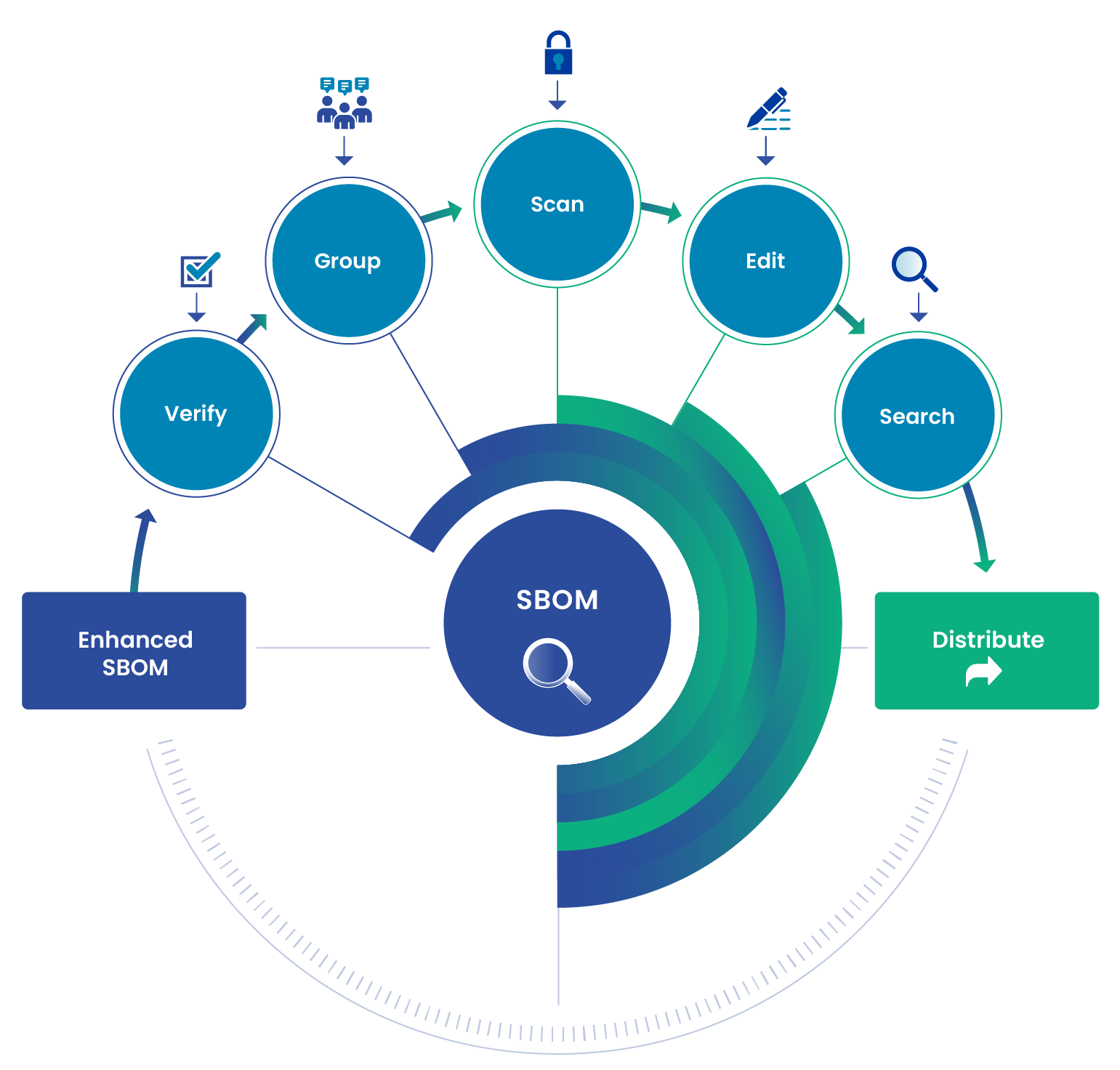What’s going on in the world of Anchore’s open source platform? As you might know, Anchore has an online container image navigator that provides unique visibility into the contents of container images–our system is constantly watching for updates to public container repositories, and runs a series of comprehensive analyses for every new revision. You can see how containers change over time, what packages and files have been installed, and if any known security vulnerabilities have been fixed or introduced. In our most recent update, we’ve added features to let you subscribe to images you are particularly interested in and request that we scan specific images that we may not already be processing.
Underneath the web UI that we host, that functionality is driven by our open source Anchore Engine, which you can run locally to do a wide variety of queries on your on-premise container images. There is a lot of functionality built into the tools: package queries for a number of different packaging formats including RPM, dpkg, Ruby Gem, and Node packages, and scans for known security vulnerabilities. There is also a “multitool” called anchore-toolbox that can show you a variety of other information about your containers, including the Dockerfile used to create the image, its family tree relative to other containers, and it can simply unpack a container into a directory on the filesystem for troubleshooting or examination by other tools.
We are also working on improvements to the packaging and deployment of our OSS tools. We are going to be expanding API access for easier integration into different deployment pipelines, and shipping a pre-built container image for multi-user environments. Stay tuned for updates on this effort: you can watch our progress on our GitHub page. If you’re interested in contributing to the project, here are some ways to get started:
- Add a new query, gate, or analyzer. These are small modules, usually written in Python, that implement a small piece of functionality. You can read a lot more about these modules here.
- Check our open issue list for “low-hanging fruit”
Finally, we are planning on continuing our efforts to build useful integrations with third-party tools such as Jenkins. We know that a successful production container pipeline is made up of at least several components, and we want it to be as easy as possible to connect Anchore’s analysis and gating functionality into your own environment and make sure that every container you ship to production is safe, secure, and configured appropriately. Check out a detailed intro to our Jenkins plugin for more info.
We know that an open source project’s success depends on its community, so we want to hear from you. Stop by and say Hi, and we hope you enjoy using Anchore for all of your container analysis needs!


